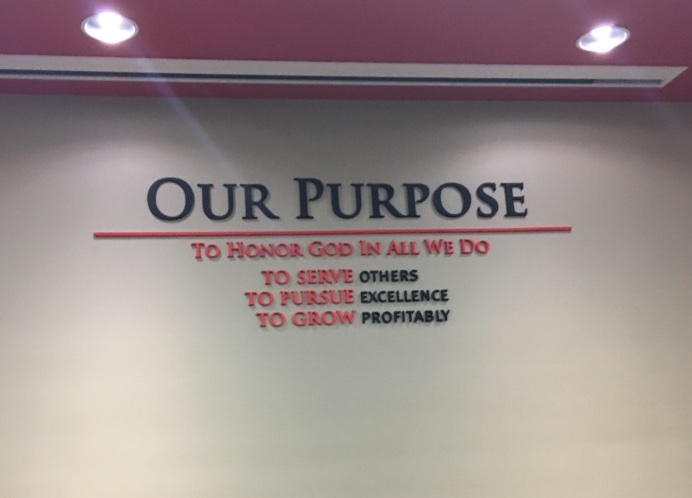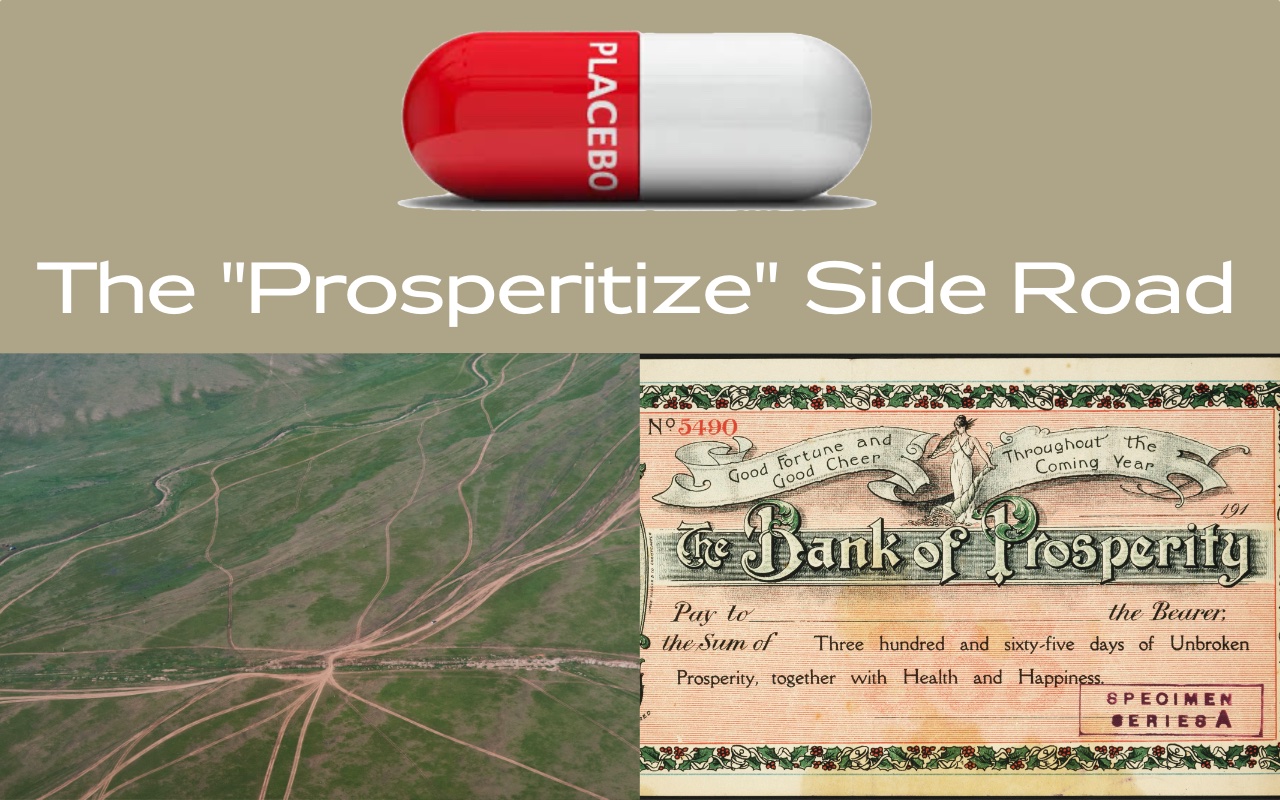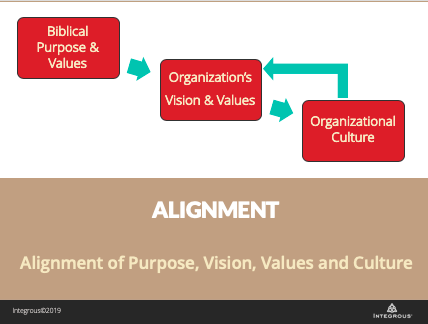05 May #067 – Integriosity – RENEW—Mind-Shift #1–The “WHAT” of Integration
The first key "mind-shift" of business a better way through Integriosity® captures a new way of thinking about the WHAT of faith-work integration--the very PRINCIPLE that defines faith-work integration. The critical thing to remember about Mind-Shift #1 is "FAITH CAN’T FIT INTO WORK". Faith-work integration is about integrating work into faith, not faith into work. Integrating faith into work suggests a VERY SMALL view of...
































